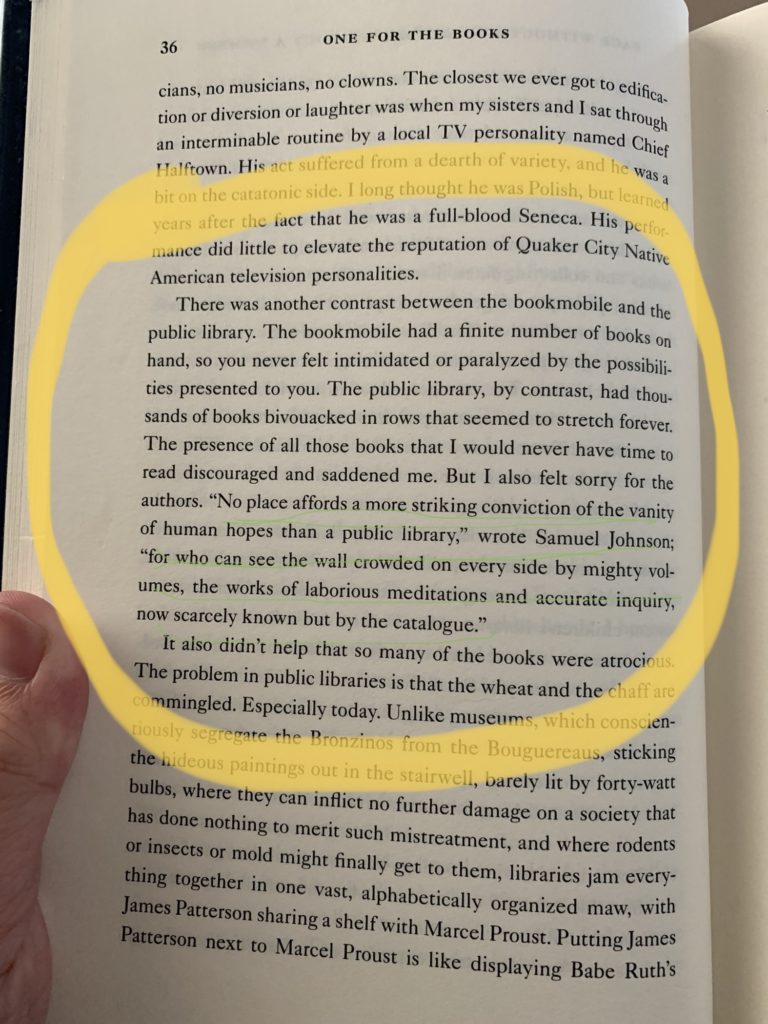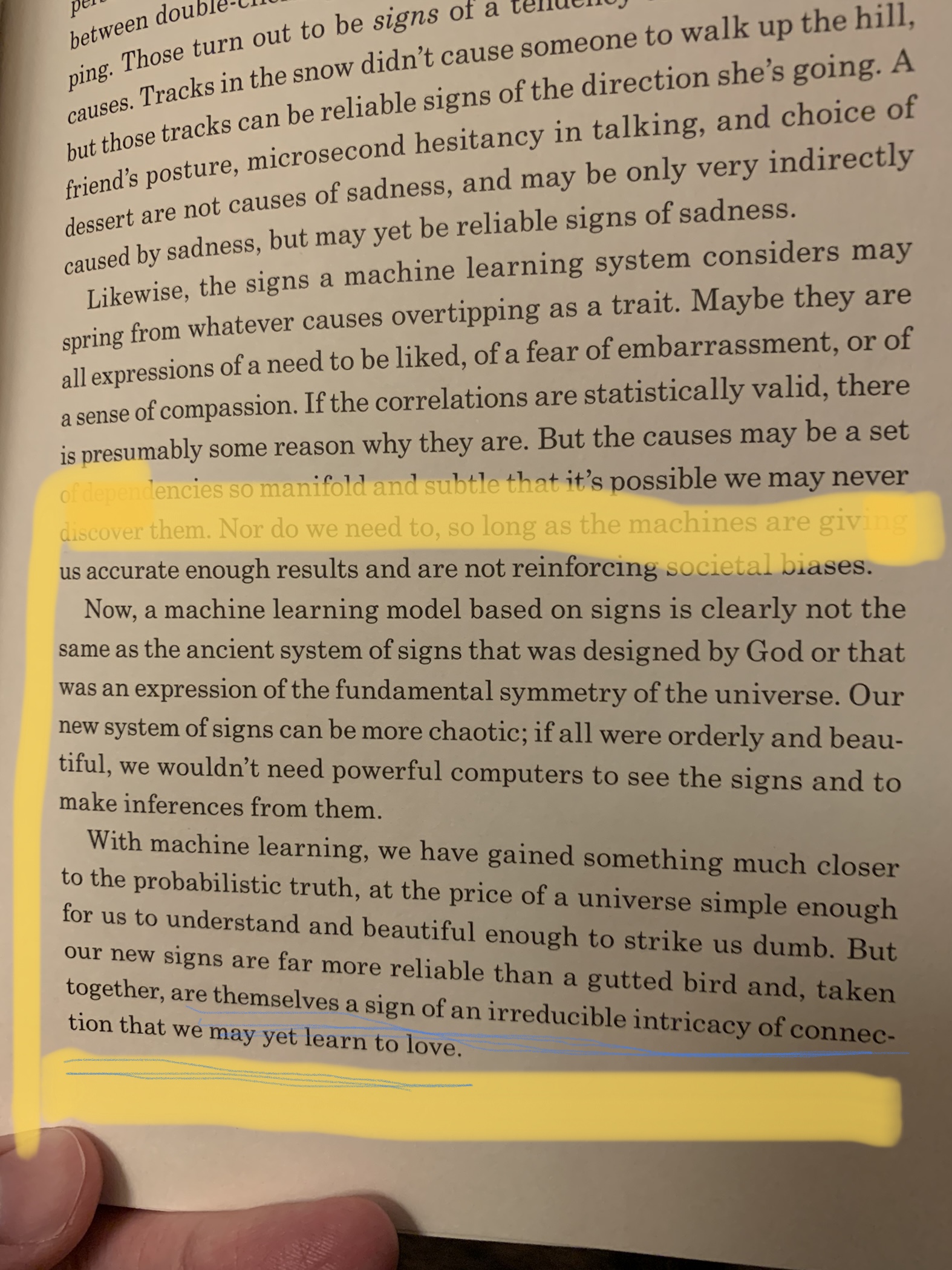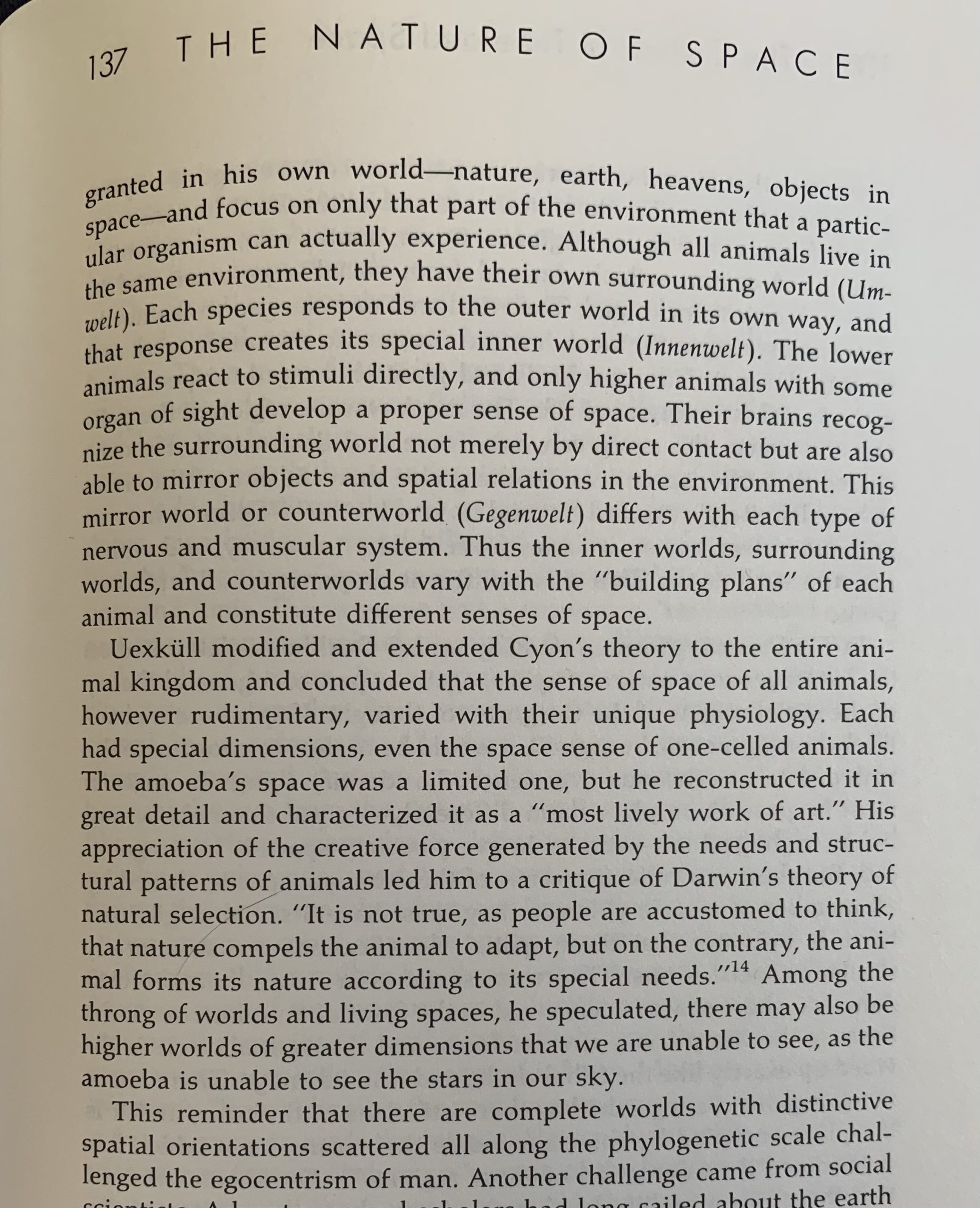Deadhouse Gates by Steven Erikson: The third in the Malazan Book of the Fallen series. A much tighter book than Gardens of the Moon. This was the book where I knew this series was something special. Pretty bleak. On a second read, I was extremely impressed by how many seeds were planted that bore rich fruit throughout the series.
Batman: Last Knight on Earth by Scott Snyder: All I remember of this one is that it was extremely surreal. A fever dream. But the art was cool.
The Lido by Libby Page: Before this year, I’d never encountered the word “lido”. Apparently, it’s a British term for a public swimming pool. A charming story about a neighborhood coming together to save their swimming pool. Also, the story of an old woman and a young woman becoming friends over swimming. Heartwarming in the best way.
Memories of Ice by Steven Erikson: The third book in the Malazan series. This is the one where I feel like the series really starts to come together, even though this is a looser, baggier story than Deadhouse Gates. Some of my favorite characters in the series were introduced here.
Drive Your Plow Over the Bones of the Dead by Olga Tokarczuk: A bleak, wintry novel about death and human-caused environmental devastation. Also, murder. Really solid writing. Recommended. I had only recently heard the term “ice dam” and then encountered it in this book. Funny how that happens.
The Living Mountain by Nan Shepherd: Exquisite nature writing. A beautiful, lovely meditation on the Cairngorms mountains in Scotland. Worth your time, even if you don’t think you’re into nature writing.
The Man Without Talent by Yoshiharo Tsuge: A comic about a lazy man with exceptionally poor business ideas. Bleak but quite funny.
The King Must Die by Mary Renault: A retelling of the story of Theseus and the Minotaur. I’m super into these creative reimaginings of ancient stories. Really good stuff.
Hamnet by Maggie O’Farrell: Shakespeare and his son. A story about a plague. I wasn’t sure about this one at first, but O’Farrell stuck the landing, which moved this from good to great for me.
The Collapsing Empire by John Scalzi: Part two of a trilogy. Very readable. An emperor that doesn’t really want to be one plus an empire that’s dying but doesn’t know it yet. I’ll definitely read the third one.
A Desolation Called Peace by Arkady Martine: I really, really liked her first book. This sequel is quite good, too. Highly recommended (but you probably want to start with the first one).
Hench by Natalie Zina Walschots: A book that tries to reckon with the human cost of superhero antics. An interesting spin on the superhero genre.
Hummingbird Salamander by Jeff VanderMeer: Another by one of my favorite authors. I guess you could call this one ecological noir. VanderMeer seems to swing between surreal and a more realistic, minimalist writing. This is one where he’s more restrained. Recommended.
The Peculiar Institution: Slavery in the Ante-bellum South by Kenneth M. Stampp: Punctures many, if not all, of the false mythologies of the slave-holding South. Paints a stark and upsetting picture of a time that some in our country seem to think was just a grand ole time. Well worth a read, especially if you want some deeper insight into why the USA operates in such perverse and self-destructive ways at times.
Feed by MT Anderson: People have computers implanted in their brains and, turns out, it’s mostly used for advertising. One of the more compelling and creative teen dystopia novels I’ve read.
Caste: The Origins of Our Discontent by Isabel Wilkerson: Makes the compelling, well-researched, and personally engaging point that the USA’s problem isn’t racism so much as a race-based caste system. Another one that’s very much worth your time. Thought-provoking!
The Absolute Book by Elizabeth Knox: A charming, jumble of a book. Angels, demons, fairies, talking crows, and probably some other stuff I’m forgetting. Sometimes it seems like an author just has so many ideas, tumbling round and round, just bursting out. I had no idea where this book was going but I found it to be a pretty satisfying ride.
The Ministry for the Future by Kim Stanley Robinson: A clear-eyed take on our climate dilemma that also manages to avoid complete doom and gloom. All about the hard work it’s going to take to tackle the challenges ahead. Robinson is an excellent science writer and describes complex scientific and technical concepts with great clarity.


